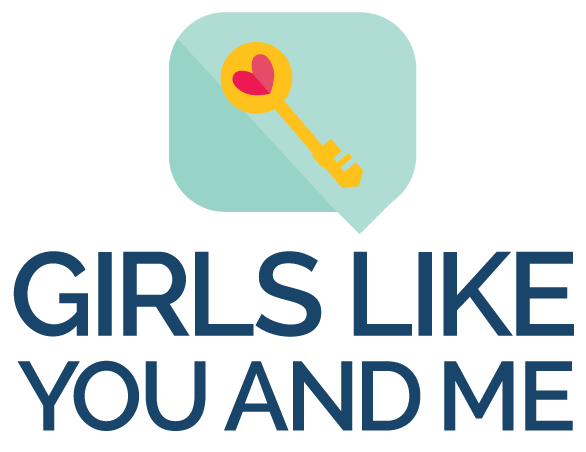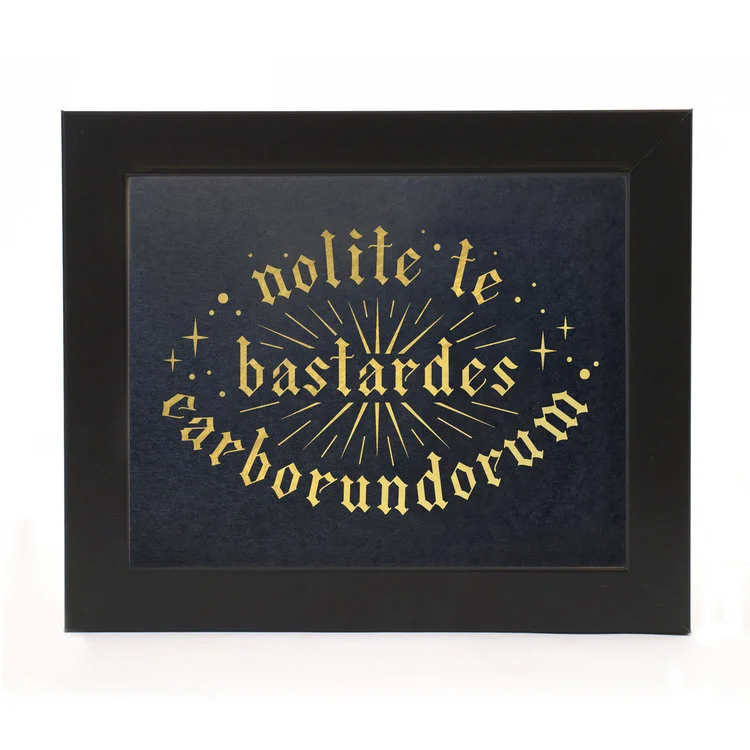One my mind this week are some of the cool women we've talked to in the past and women and the world of TV, behind the scenes and on the screen.
I hadn't planned it this way, but I'm so pleased that after Earth Day and the March for Science last weekend, Monday's featured interview was with Maia Weinstock, whose work and hobbies are all dedicated to spreading the word about interesting work happening in science and technology and the people doing it. She's a writer and editor by day, and is tirelessly dedicated to promoting women in STEM, from creating LEGO Women of NASA to writing Wikipedia entries for women in STEM.
1) One of our other favorite science communicators, Emily Graslie, gave the keynote address at last Saturday's March for Science in Chicago. I wasn't able to be there, but I was happy to find a copy of her speech and see a lot of photos of women dressed as Ms. Frizzle, so I don't feel like I completely missed out.
2) Loved this profile of Atelier Cho Thompson's Christina Cho Yoo and past GLY&M guest Ming Thompson in Architect Magazine!
3) Can you imagine having Tina Fey as your mentor? Tracy Wigfield started at 30 Rock in her early 20s- and wrote the series finale (!)- before writing for The Mindy Project. She now has her own new sitcom, Great News, co-starring one of my faves, Andrea Martin.
4) One of the big cultural things on my mind is the new Hulu adaptation of Margaret Atwood's seminal feminist novel, The Handmaid's Tale. I've posted about what an important book it is to me before, and it seems at least as culturally resonant as ever in my lifetime right now. Even the New York Times asked, "Will fans of the novel want to subject themselves to 10 hours of immersion into their deep fears?" This is the question I've been asking myself for a while. I usually find reading about a difficult subject easier to process that watching or even listening to the same subject matter. I've also heard that the series fleshes out the backstory a bit more than the book does- or at least it takes first person memories and creates the scenes that formed those memories. I've heard Handmaid's Tale referred to as "speculative fiction," but Atwood has said many times that everything in the story is drawn from real life. It's speculative in the sense that it's a future that could be, but it's not the result of imagined situations.
This inscription that The Handmaid's Tale's protagonist reads translates to "don't let the bastards grind you down." (Image via Vichcraft)
So, there's the show itself, and then.... there's this confusing conversation that's been happening around the show. Apparently, it's up for debate that The Handmaid's Tale is a feminist story. (In no way do I think it's up for debate.) Several people involved with the show have said that because it's a story about a women asserting their basic humanity, it's a human story but not a feminist one. In fact, framing it as a "human story" underscores that it is a feminist story. The idea that women have humanity equal to men, and should have opportunity equal to men, legal standing equal to men, bodily autonomy equal to men, free speech, financial autonomy, physical agency and freedom of movement, and the ability to choose their own names: these are the foundations of feminism. The New Yorker has a great piece on feminism and the book and show.
Have you watched The Handmaid's Tale? Are you going to?

